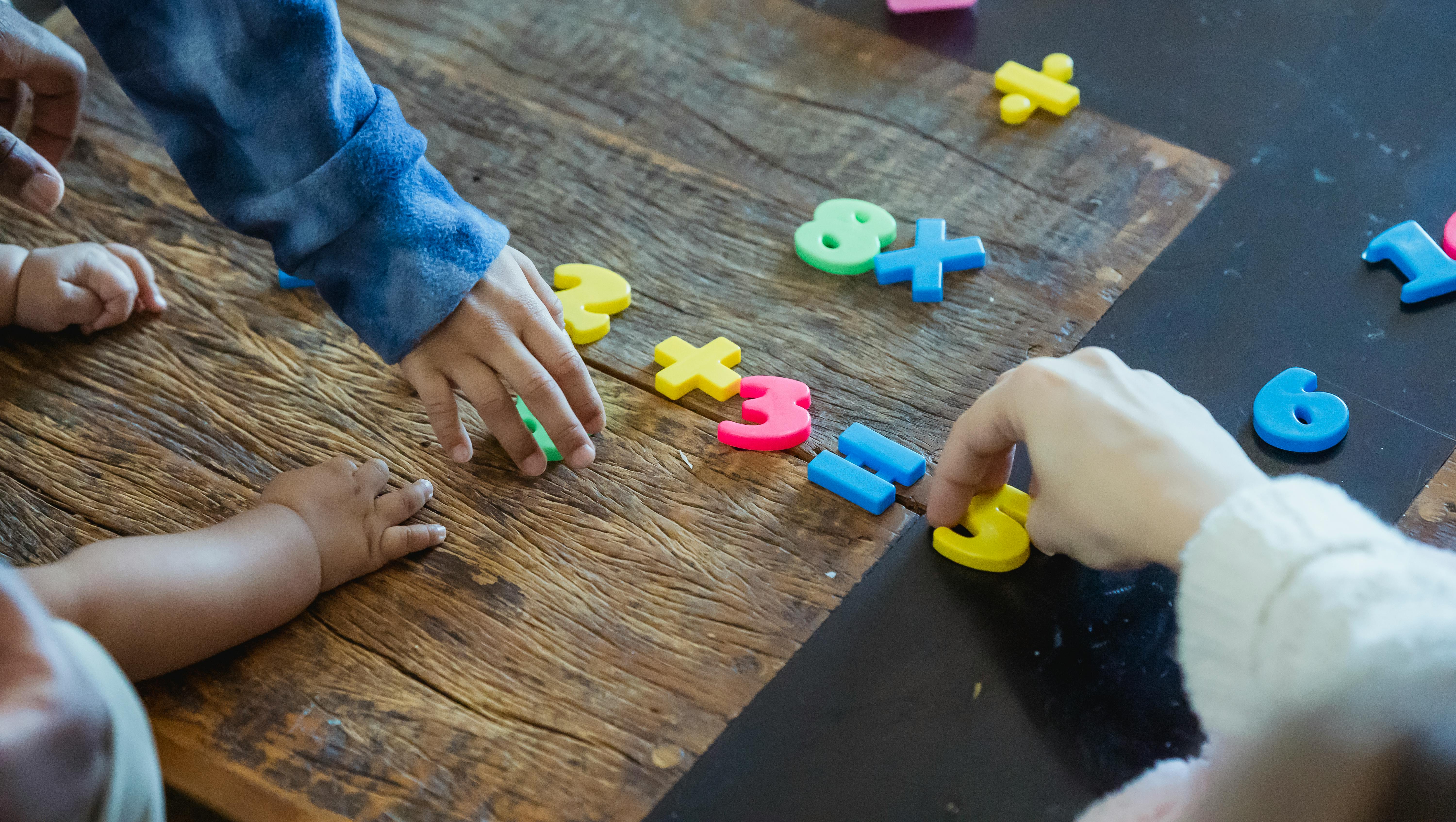Are you beating yourself up because you feel like you should have done more for your loved one before they died? Or even worse, for whatever reason, you were not with your loved one at the time of death. Maybe you feel like you didn’t communicate well enough? It is not uncommon to have such guilty thoughts or the like, and in the process of degrading yourself, destroying your ability to cope with your great loss.
The work of maximizing guilt and entertaining disturbing thoughts also has the insidious effect of draining precious energy that could be used to adjust to the many changes you must face. And, as you think less of yourself, it is inevitable that by lowering your self-esteem you will be adding unnecessary suffering to the great burden you already carry. So what can you do?
1. Recognize that negative thinking disempowers you. No one deliberately does anything to hurt a dying loved one or would not want to be with him/her at the time of death. The self-blame thought trap is common, but it does amazing damage to your head and heart, because it blocks the inner awareness needed to be open to the ideas and possibilities that normally arise in your thoughts when faced with adversity.
2. You are your best friend, although you may be surrounded by other people who are very helpful in this time of loss. Therefore, talking tenderly to yourself will cheer you up when necessary. Using his first name each time, he repeats the most important statement of self-esteem appropriate to the loss: “Lou, stand strong; you are capable. You will survive this loss.” Say it softly, but with great determination over and over again, so that it becomes part of your unconscious beliefs.
As you repeat your name and affirmation, visualize doing what you know is difficult to do. This visualization will further help plant the belief that you are coping well in your subconscious. Always control what you say to yourself. Work to eliminate limiting and self-defeating thinking. Commit to this battle and you will succeed.
3. Trust your faith. Your spiritual beliefs may be among the most helpful, if not the most helpful assets in finding meaning in your loss that leads to peace of mind. Allow complaints to develop naturally; don’t try to manipulate him or put him on a schedule. It is a natural, albeit painful, process. Forget what the books say.
As you do this, believe that the love of your God or your Higher Power will help you realize that you are not alone in this darkness. Embrace that powerful belief. Never forget: beliefs drive your world. And, if you have a spiritual mentor (or someone with deep spiritual beliefs), seek them out regularly.
4. Honor your best intuitions. You are connected to a loving Source with invaluable information and resources. They are within, everyone has them, and you can access them by listening and trusting the wisdom that pours out. You just need to create the intention to use, making the decision to invoke and carefully examine the ideas that arise in your mind. Remember, intuition is one of the connections to this enormous source of love. Always turn to your inner connection and listen when in doubt.
5. “Be the water, not the rock” is an old proverb that contains great wisdom. Indeed, when faced with a great loss, it means being flexible like the water that surrounds the rock. The rock resists, and wears away and ends. Don’t resist what automatically flows from great loss and change, all the sadness, new routines, responsibilities and a different life. That is the natural result of the loss; loss changes us. We grow or we regress. You gain nothing good by resisting.
The most successful method I know of to be the water and not the rock is to focus your efforts on loving yourself more, especially yourself. Yes, I repeat, loving more. It is the most important thing you can do to grow from your loss because it will remind you of your goodness. Get started today by putting into practice what you find in the next three paragraphs.
First, become an expert in loving in separation from the deceased. He/she will always be apart from you. Henri Nouwen, the prolific spiritual writer, says it best when he emphasizes that those who leave “become part of yourself and thus gradually build a community within you.” That important inner community will help you focus attention on being more sensitive and loving to a relative, a friend, your children, a pet, a homeless person, an inmate.
Love will keep you safe, especially in this uncertain time of change; will intensely expand the necessary energy. If you choose to love more, you will insert yourself into the most dynamic way of adjusting to deal with the endless transitions we all must face. Love is deeply rooted within you and needs to be expressed, especially when you are grieving. The result will be a successful adaptation. Love deeply.
In short, all of the above relates to developing a stronger inner life that will help you overcome whatever life has to offer. It won’t be easy, but you have the knowledge to get through this massive transition. Your greatest asset is you. You know the attachments you need to let go of and the people you need to be with to feel better. And above all, embrace and appreciate the love that comes from others. It will further fuel your love for you.
